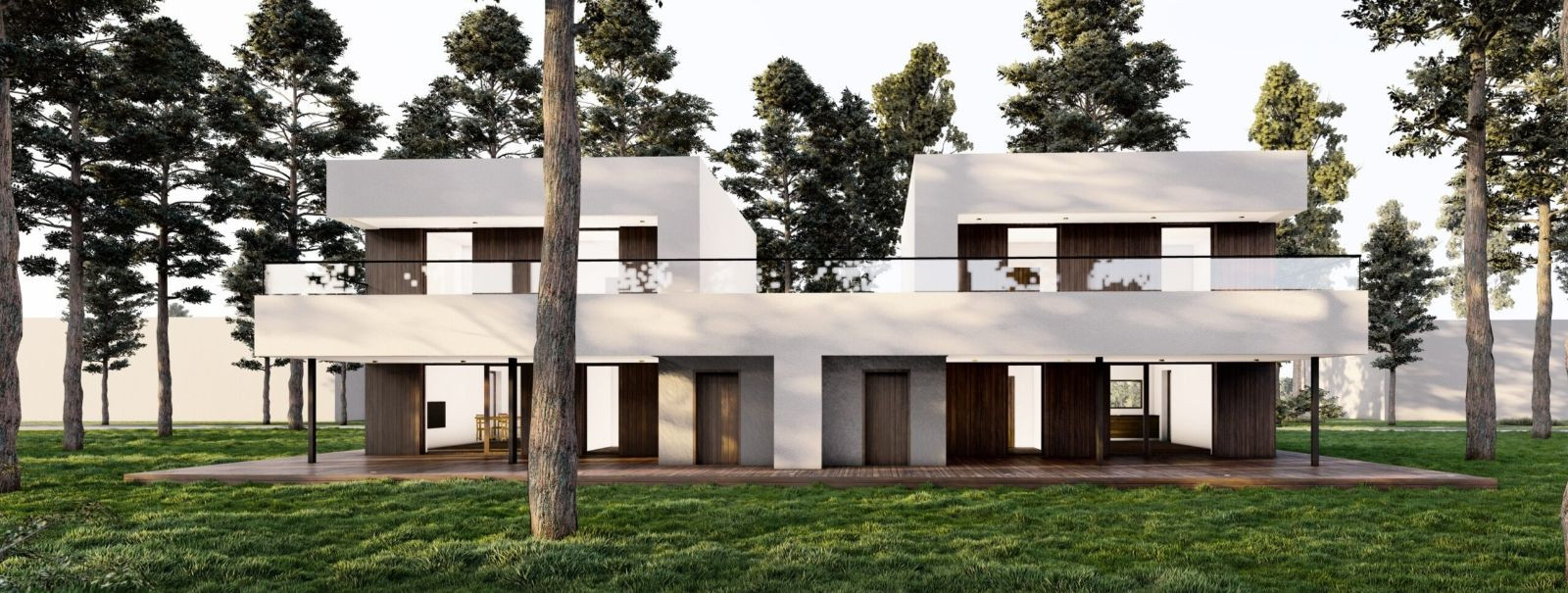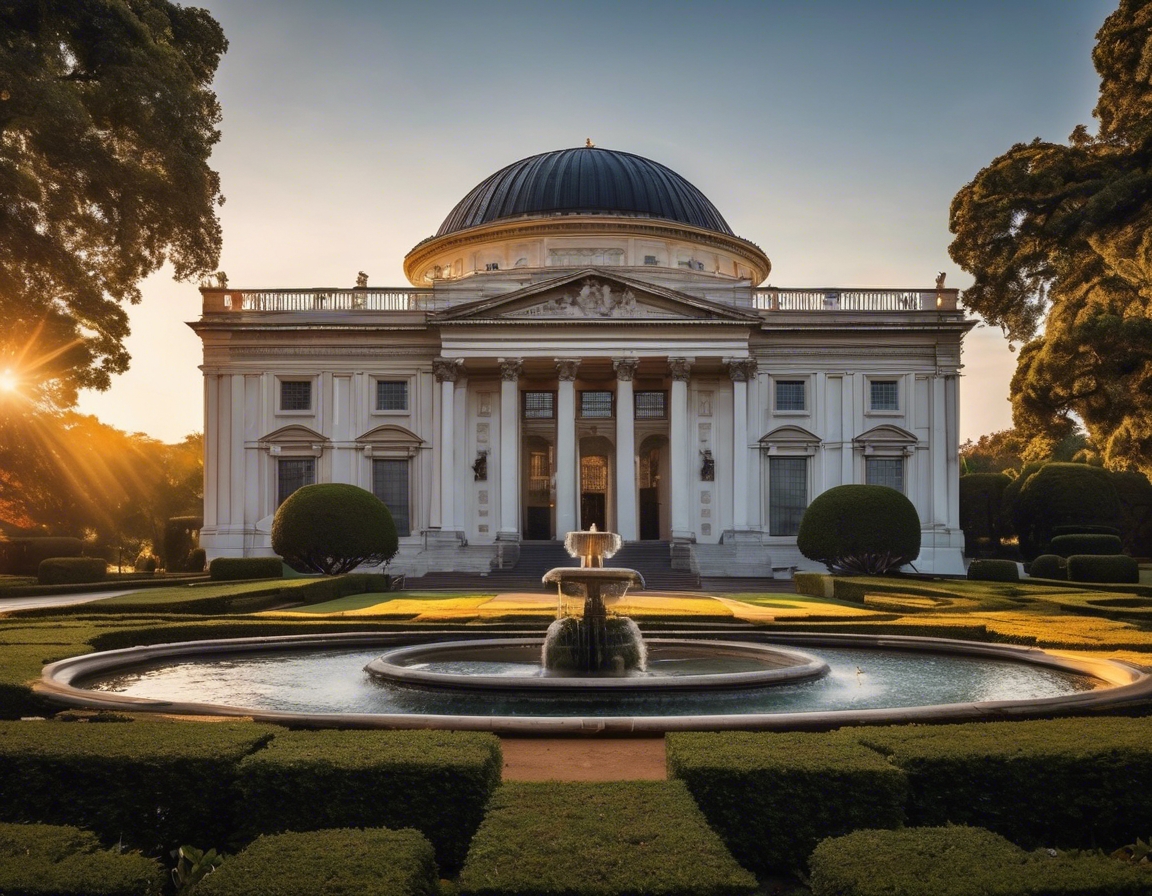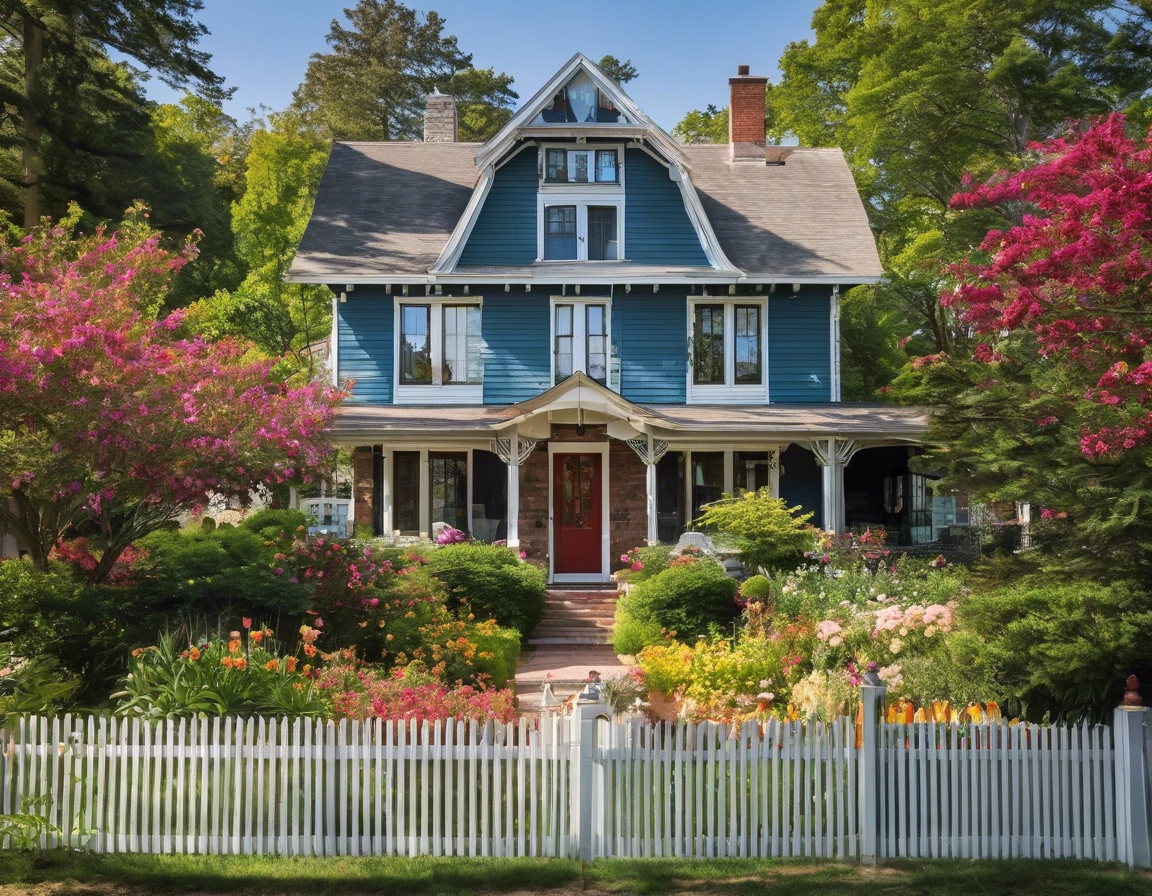The importance of sustainable architecture
Sustainable architecture is a design philosophy that seeks to minimize the negative environmental impact of buildings by enhancing efficiency and moderation in the use of materials, energy, and development space. It is an approach that considers the entire lifecycle of a building, from design and construction to operation and eventual deconstruction. As the world faces increasing environmental challenges, the importance of sustainable architecture has never been more critical.
Key Principles of Sustainable Architecture
Energy efficiency is a cornerstone of sustainable architecture. It involves designing buildings that require less energy for heating, cooling, and lighting. This can be achieved through the use of high-performance insulation, energy-efficient windows, and the integration of renewable energy sources such as solar panels and wind turbines.
Resource management in sustainable architecture focuses on the efficient use of materials and water. This includes selecting sustainable building materials, reducing waste during construction, and implementing water-saving technologies. The goal is to create buildings that are not only environmentally friendly but also economically viable.
Minimizing the environmental impact of buildings is a key objective of sustainable architecture. This involves reducing carbon emissions, preserving natural habitats, and enhancing biodiversity. Sustainable architecture aims to create buildings that harmonize with their surroundings and contribute positively to the environment.
Benefits of Sustainable Architecture
Sustainable architecture can lead to significant cost savings over the life of a building. Energy-efficient designs reduce utility bills, while the use of durable materials can lower maintenance and repair costs. Additionally, sustainable buildings often have higher property values and can attract environmentally conscious tenants and buyers.
By reducing energy consumption and utilizing renewable resources, sustainable architecture helps decrease greenhouse gas emissions and reliance on fossil fuels. It also promotes the conservation of natural resources and reduces waste, contributing to a healthier planet.
Sustainable architecture can enhance the quality of life for occupants by providing healthier indoor environments. This includes improved air quality, natural lighting, and comfortable temperatures. Sustainable buildings can also foster a sense of community and well-being, making them more attractive places to live and work.
Sustainable Architecture in Residential Buildings
For individuals and families looking to build or renovate private homes, sustainable architecture offers numerous advantages. From energy-efficient appliances to eco-friendly building materials, sustainable homes are designed to be both comfortable and environmentally responsible. Homeowners can enjoy reduced energy costs and a smaller carbon footprint, all while living in a healthier and more sustainable environment.
Sustainable Architecture in Commercial and Public Buildings
Real estate developers and public sector organizations can benefit greatly from sustainable architecture. In commercial and public buildings, sustainable design can lead to lower operating costs, increased tenant satisfaction, and improved public image. Sustainable buildings can also serve as a model for innovation and environmental stewardship, inspiring others to adopt similar practices.
The Role of Innovation in Sustainable Architecture
Innovation plays a crucial role in advancing sustainable architecture. New technologies and materials are constantly being developed to improve energy efficiency, reduce waste, and enhance the overall sustainability of buildings. Architects and designers must stay informed about the latest advancements and incorporate them into their projects to achieve the best results.
How FRIEDENTAL RAHUORG ARHITEKTID OÜ Can Help
At FRIEDENTAL RAHUORG ARHITEKTID OÜ, we are committed to providing expert guidance and innovative solutions for sustainable architecture. Our team of experienced architects and designers work closely with clients to create buildings that are not only aesthetically pleasing but also environmentally responsible. Whether you are looking to build a new home, develop a commercial property, or renovate a public building, we have the expertise to help you achieve your sustainability goals.






Comments (0)